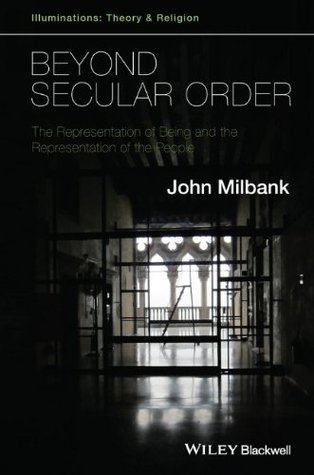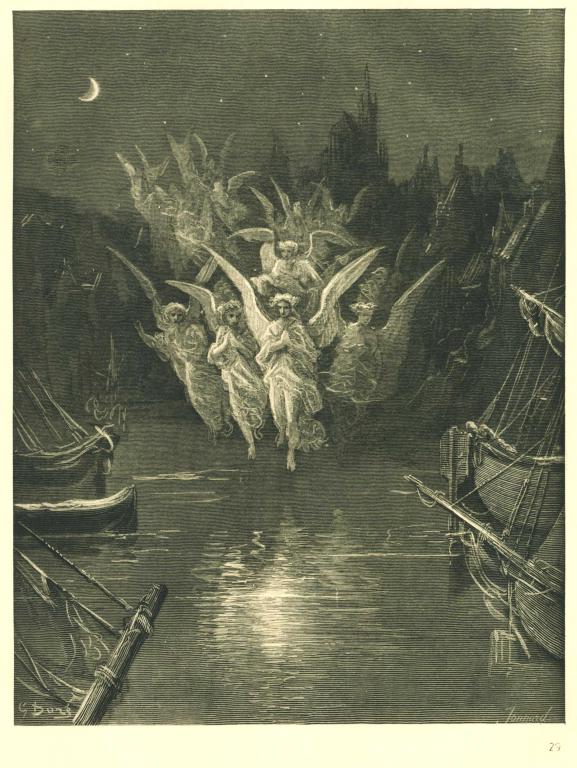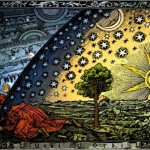David Russell Mosley
11 February 2014
On the Edge of Elfland
Beeston, Nottinghamshire
Dear Friends and Family,
Here is a book review I’ve written for John Milbank’s Beyond Secular Order: The Representation of Being and the Representation of the People. Chichester: Wiley Blackwell, 2013.
The most recent work from theologian, philosopher, social commentator, and poet, John Milbank, is his book Beyond Secular Order. This book, not unlike others written by Milbank, is in two sequences. The first sequence, On Modern Ontology, is primarily a helpful re-hashing of much of what Milbank has done and said before, here in a smaller, and relatively more easily digested size. Essentially, Milbank is seeking to critique modern philosophy first by evidencing its history in theology (which Milbank traces from late medieval neo-scholasticism, primarily through John Duns Scotus and other, for Milbank primarily Franciscan, neo-scholastic theologians.
This is the portion of the book that is most likely to cause readers to take sides. There are those who will say that Milbank is, knowingly or unknowingly, misrepresenting Scotus and later Scotists (as opposed to Thomas Aquinas and some, though not all, later Thomists); there are those who will say that Milbank’s assessment of Scotus, et al., is correct; and there are those who will say that whether Milbank is right or wrong about the genealogy of modern philosophy he is right (or wrong) in his assessment of modern theology today. This is, perhaps, where I would recommend readers focus their attention, not so much on whether Scotus’ notion of univocity of being is as Milbank portrays it, but whether or not univocity so defined (primarily as saying that God and humanity have the same kind of being but in different quantities, this is admittedly putting it far too glibly), as well as the other three pillars of modern philosophy (Representation, Possibilism, Concurrence) are a correct understanding of the place of modern philosophy/ontology. Milbank develops this theme as well as others, such as a theological critique of modern philosophy. One final note on this sequence, footnote 140 is labeled in the text (pg 79), but not on the note itself causing footnote 141 and every footnote following to be mislabeled by one. Update: I have been informed that the issue is one of typesetting, having taken place after the copyediting and has been corrected for the Kindle edition and the forthcoming reprint.
In the second sequence is where John begins to do something new. Here John begins to outline more systematically than he has anywhere else, to my knowledge, his political ontology. The key points of this seem to be that politics/culture/the arts, etc., are a gift to the human animal from God, they are not natural to us in the sense that we have them by our own power, but they are gifts given to humanity from the beginning. With this as the foundation, Milbank goes on to argue not simply for a theology of politics but that politics is inherently theological (as it is a gift). The implications of this are manifold, but two points which Milbank brings out rather poignantly are these: first, politics, et al., is tied to deification. That is, politics, by virtue of being concerned with the human person, body and soul, and being a gift from God to humanity, is thus immediately related to the telos or end for which God has created humanity. This end Milbank equates, rightly in my opinion, with the theological notion/doctrine of deification or theosis. Second, the further implication for this works in political and church leadership. Milbank argues that since political life (that is culture, the arts, society, etc.) in many ways is a foreshadowing of the resurrection, there is a sense in which we can talk about the politic leader as having a role higher than that of the spiritual (king and priest/Pope in Milbank’s language). This is again because while the priest prepares and cares for the souls of the people, the king foreshadows the reign of Christ in the heavenly Jerusalem by caring for the people’s (or perhaps person’s) ‘spirit’ that resurrected unified whole of body and soul united to the Triune God in deification.
There is so much more I could say about Milbank’s new book (for instance my disagreements with him on the issues of Incarnation without Fall, Milbank sides with Aquinas on this issue, I do not; or his mistreatment of poor John Cassian; or the implications of his understanding of culture/creation as a gift and its relationship to deification). However, my words will pale in comparison with reading the book for yourself. This is something I highly recommend for both Milbank’s critics, detractors, friends, and fans. As Milbank continues to write (he has already mentioned a sequel for this book within the book itself) this book will be the starting place for understanding his thought, both as he critiques modern philosophy and as he understands the theological nature of politics/culture. I highly recommend this book.
Sincerely yours,
David Russell Mosley












